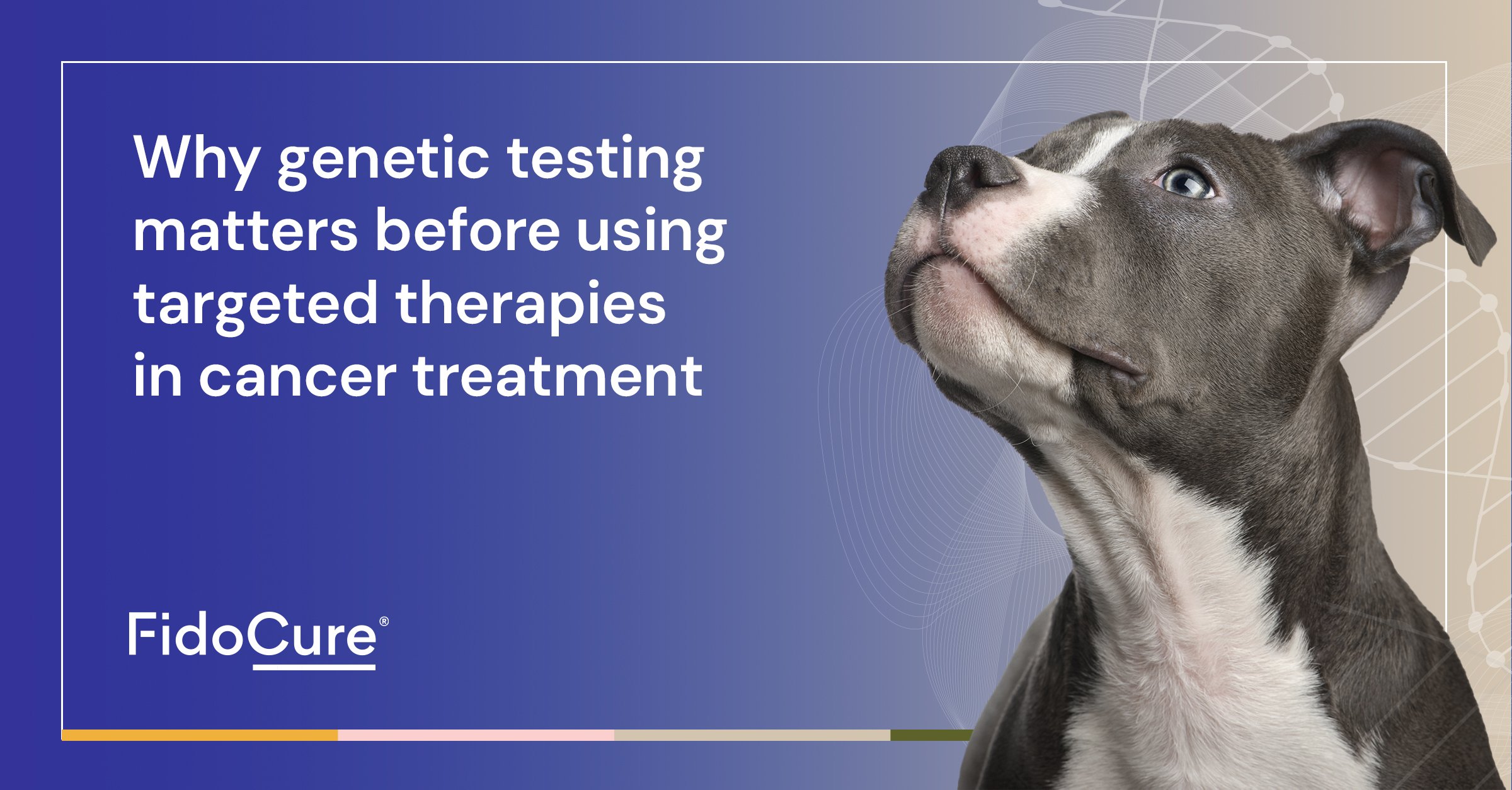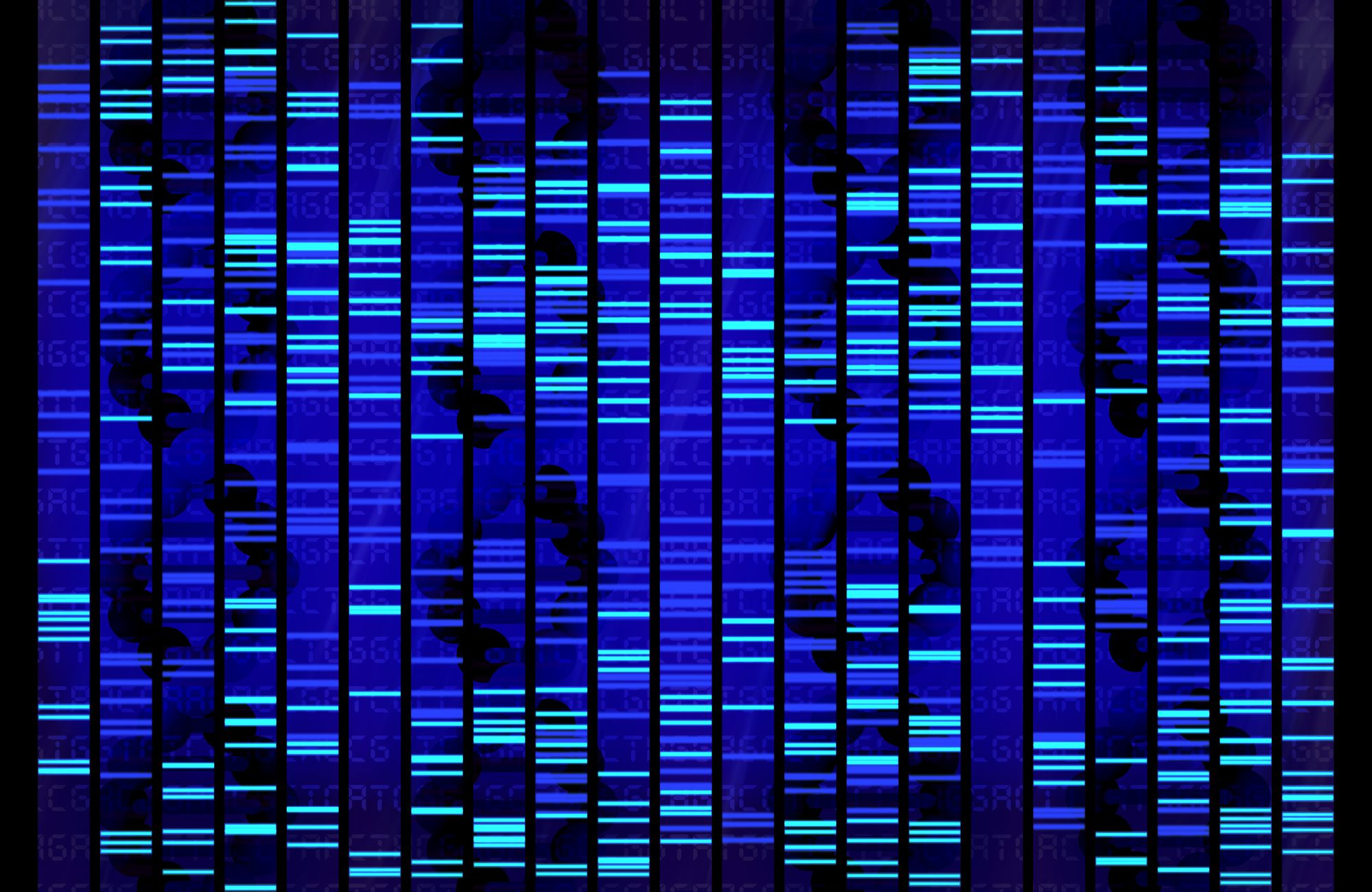Why Genetic Testing Matters Before Using Targeted Small Molecule Therapies in Cancer Treatment
Lucas Rodrigues, DVM, MS, PhD
Head of Veterinary Research at FidoCure
Precision medicine has revolutionized human oncology by enabling treatments tailored to the unique genetic makeup of each tumor. Now, this same approach is being increasingly adopted in veterinary medicine, bringing a new level of sophistication to cancer care in dogs. Small molecule targeted therapies are at the forefront of this movement, offering the potential for more effective and individualized treatments. However, their success depends on a critical first step: identifying the genetic drivers behind each tumor. Without this information, the use of targeted therapies becomes a gamble, especially risky in aggressive cancers with diverse genetic profiles, where delays in effective treatment can have serious consequences.



.png)

.png)
